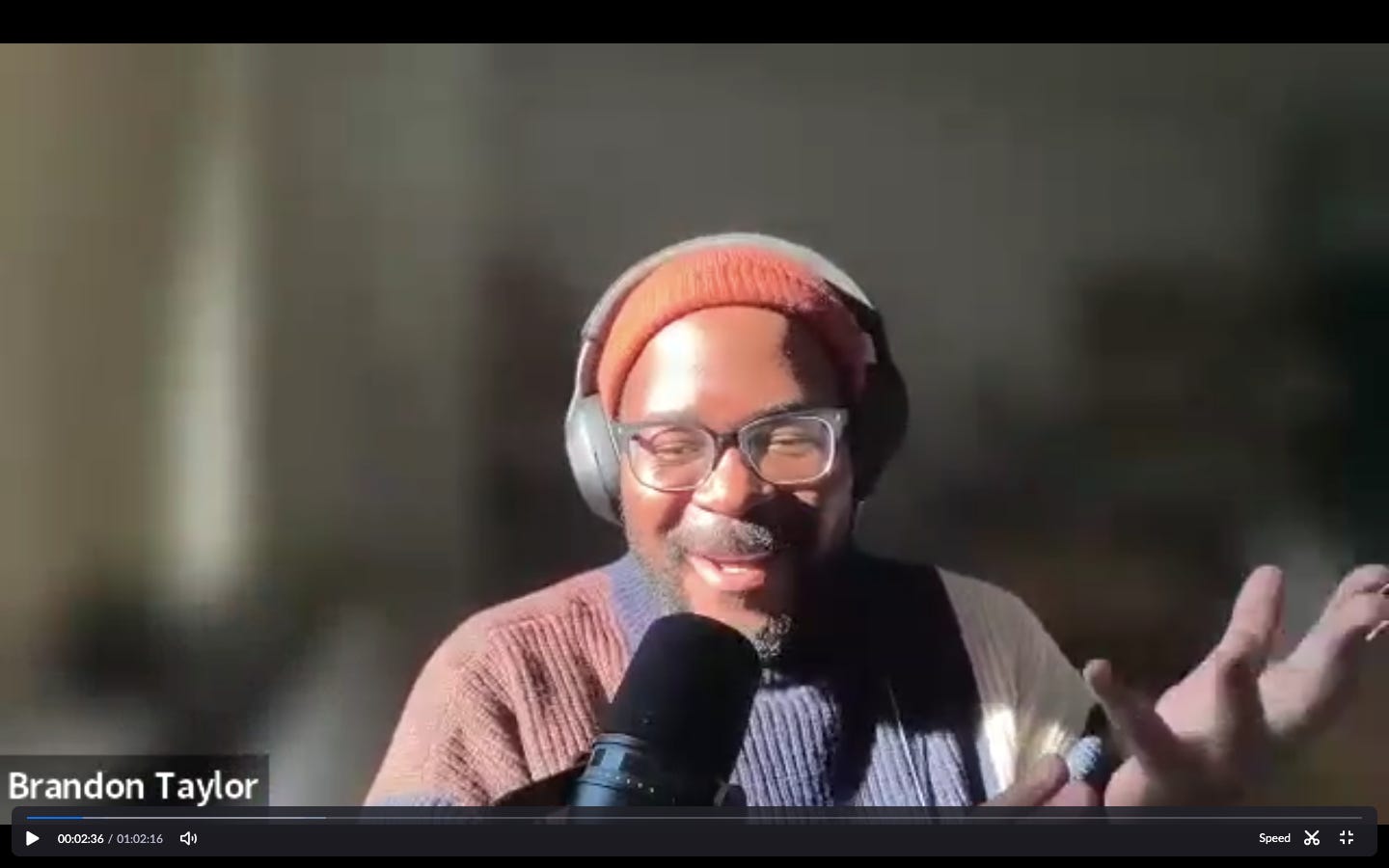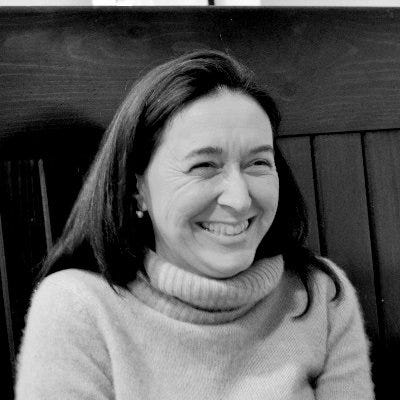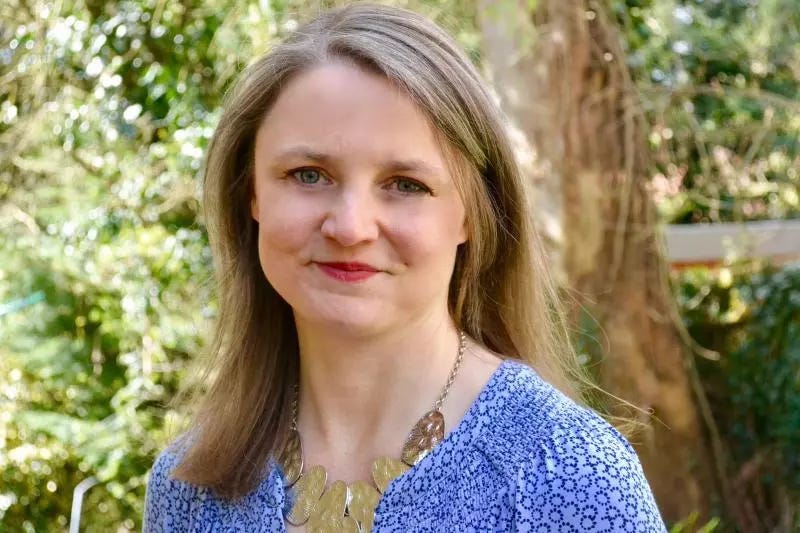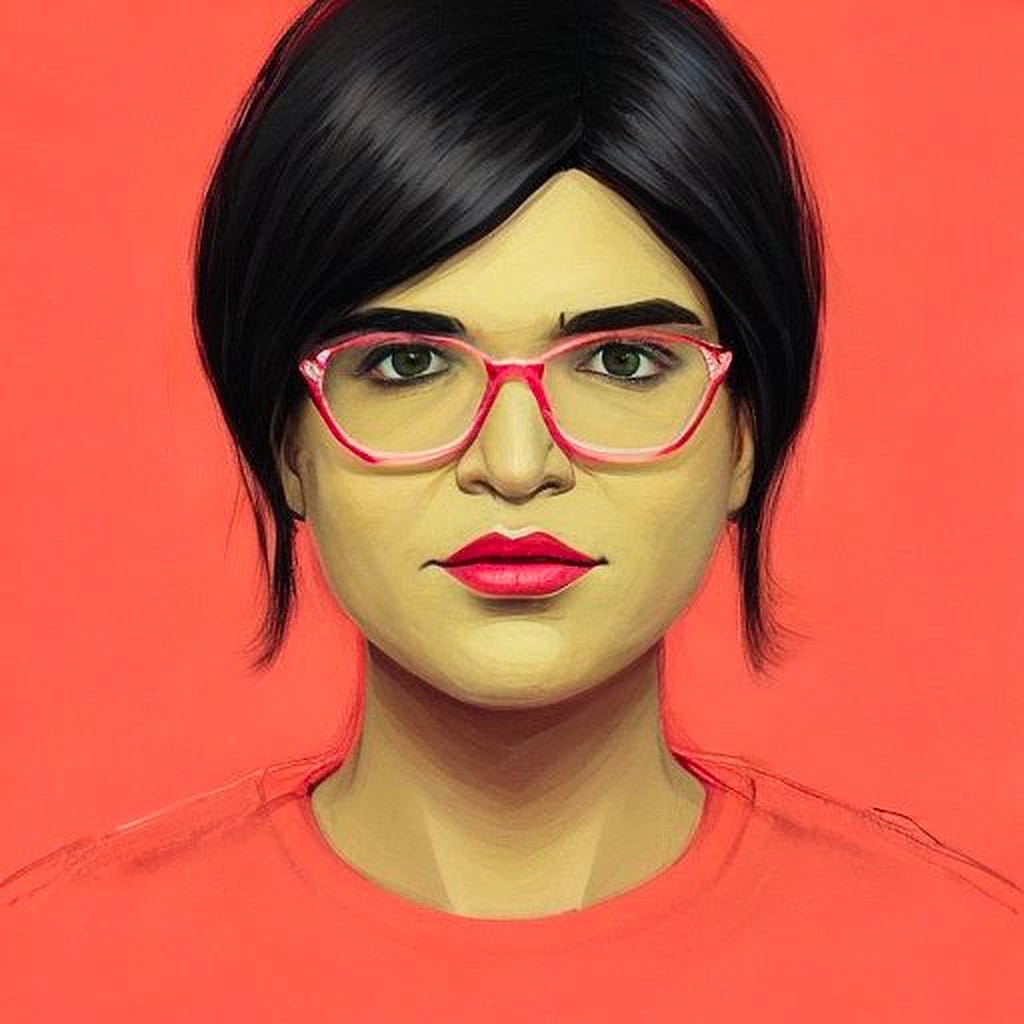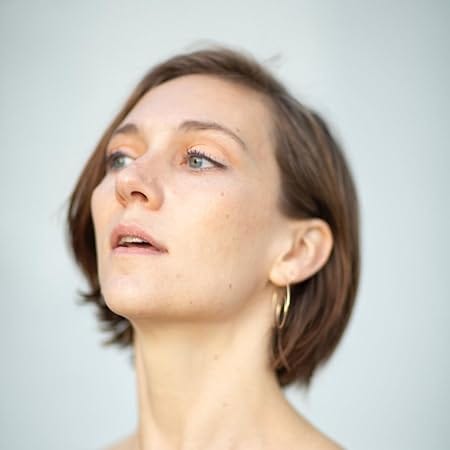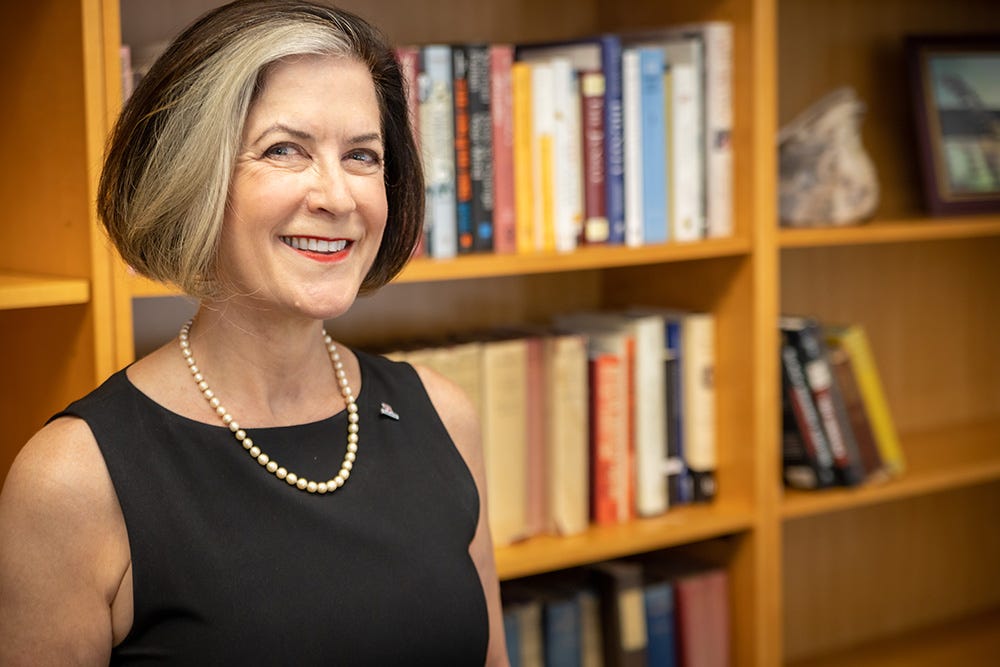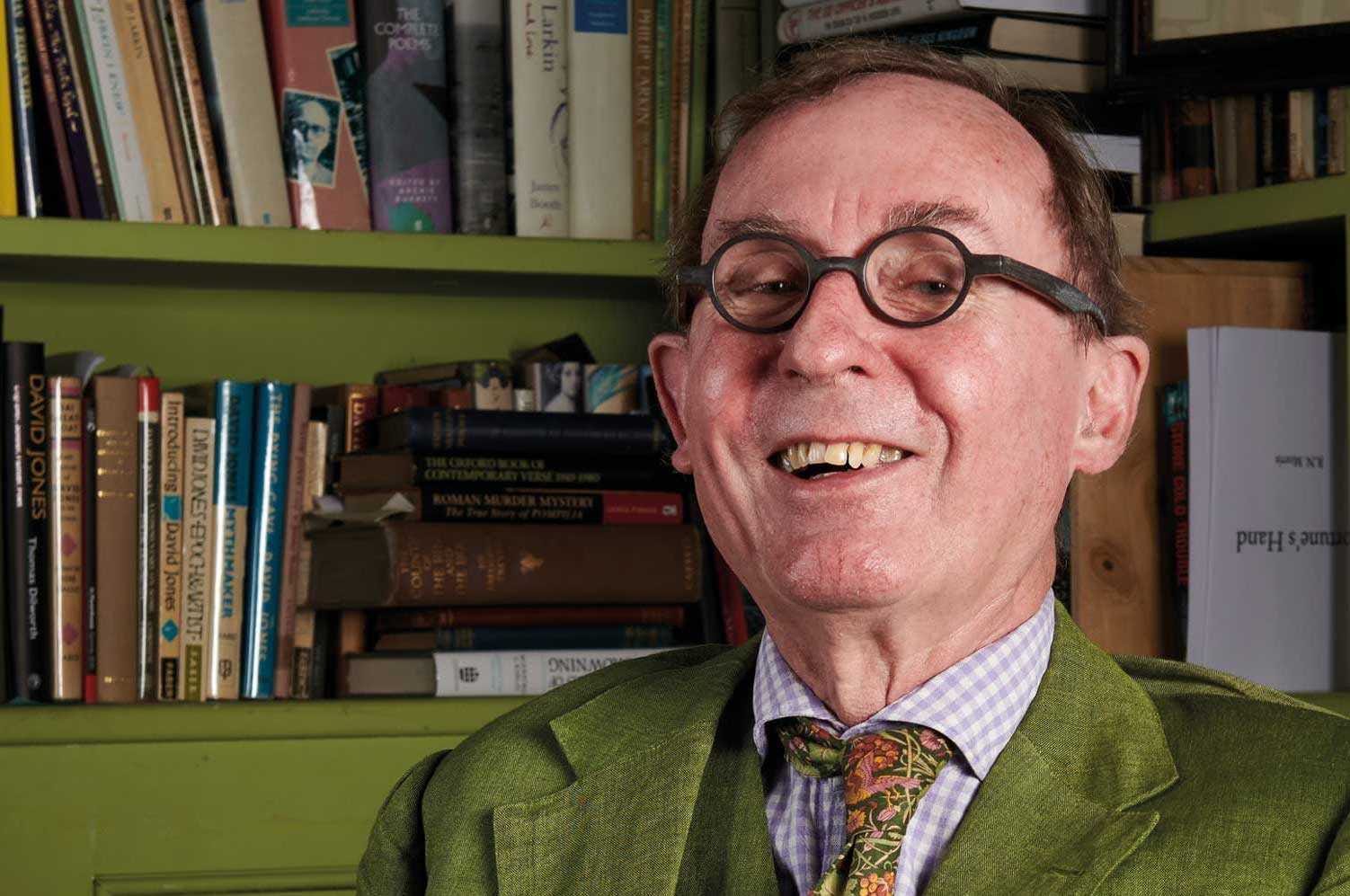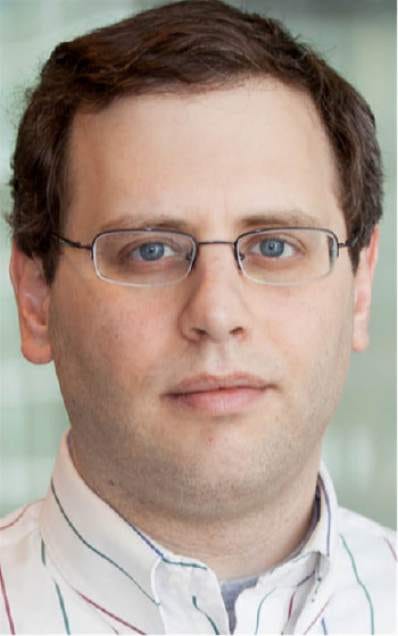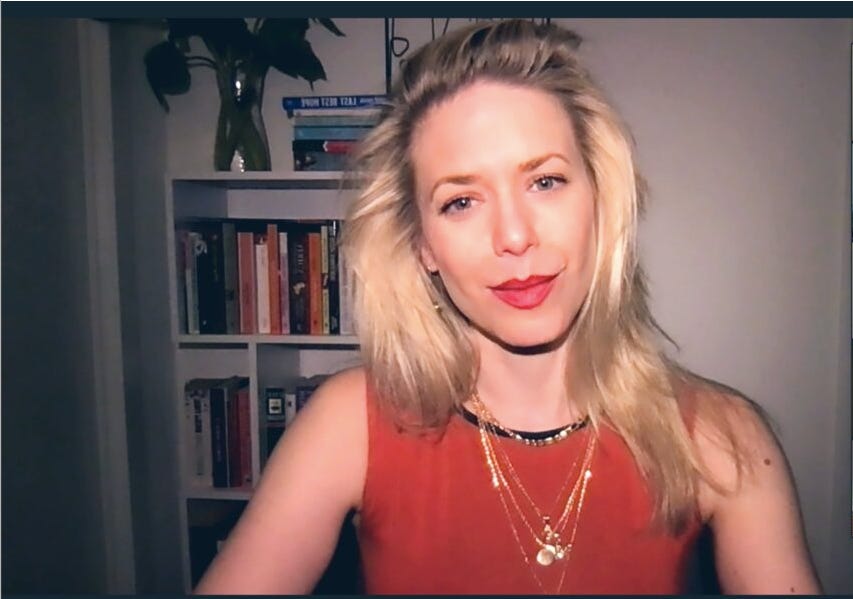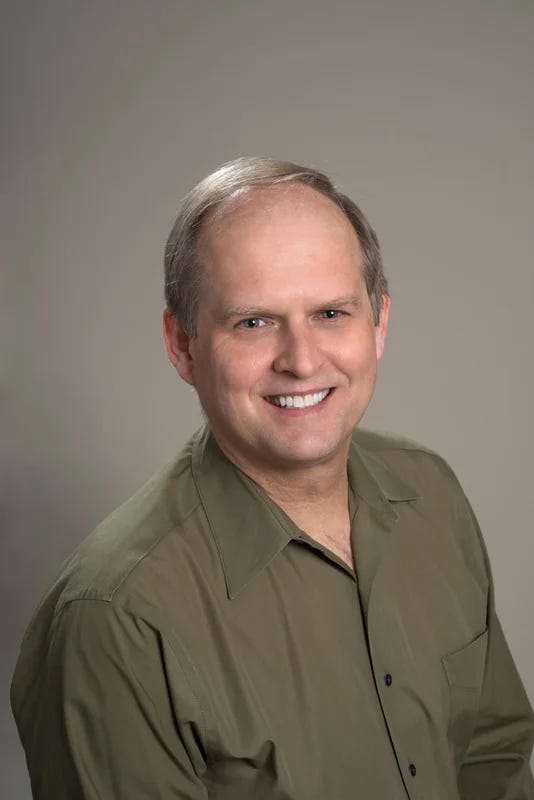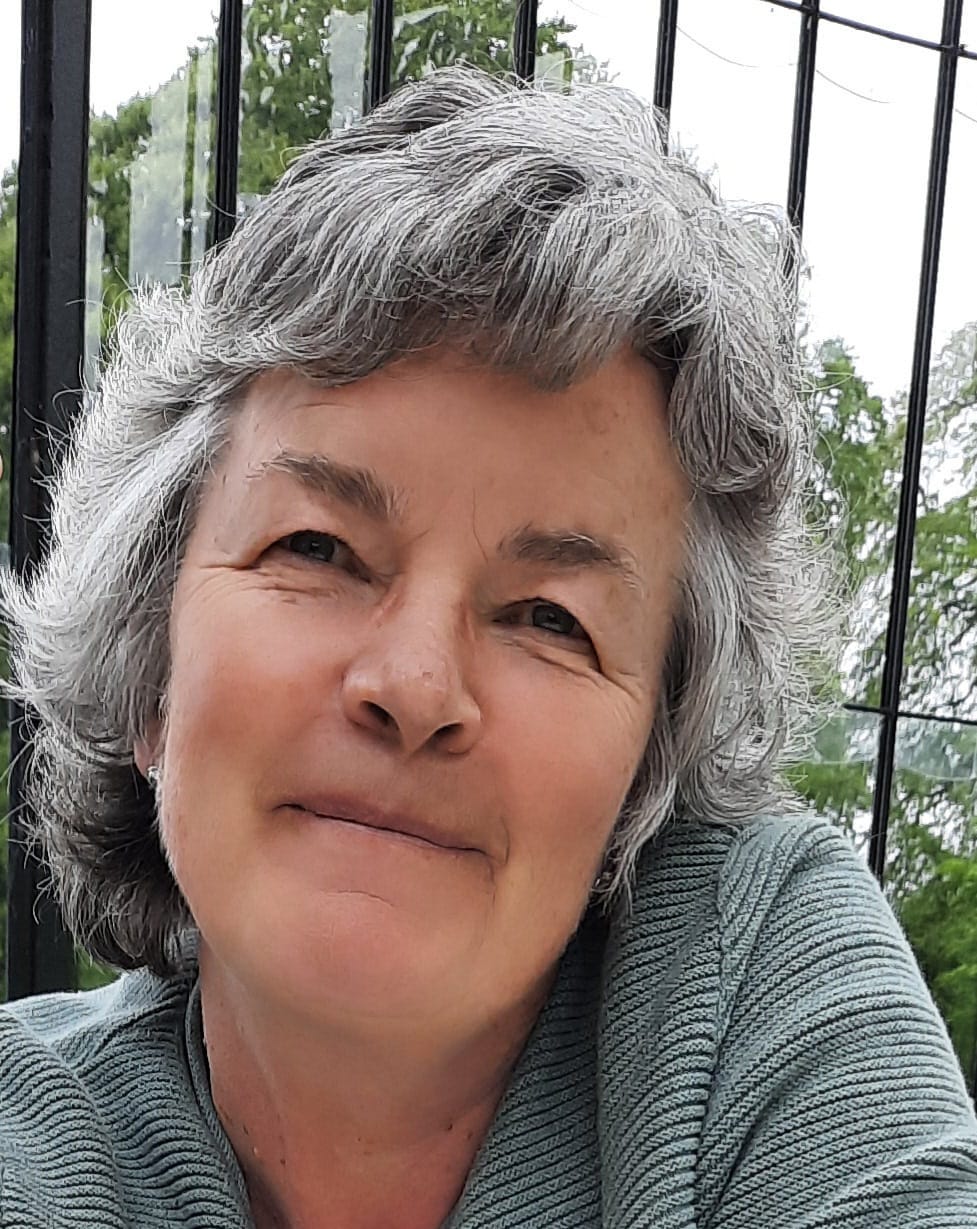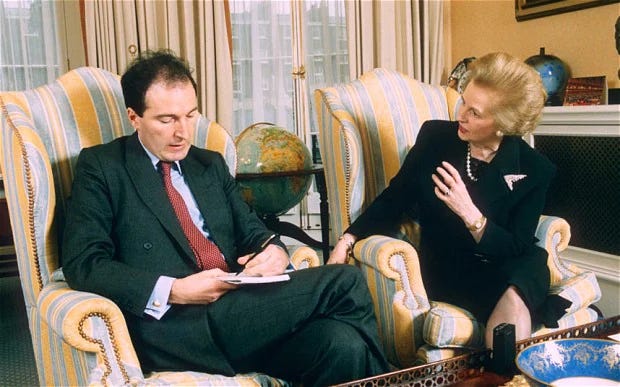Helen Lewis interview
Description
Before we get started… Writing elsewhereI have recently written about modern Russian literature for CapX, as well Victorian YIMBYs and Katherine Mansfield and 1922, for The Critic.Tours of LondonSign up here to get updates when we add new tour dates. There will be three tours a month, covering the Great Fire, Barbican, Samuel Johnson and more!
Helen Lewis is a splendid infovore, which is how she has come to be one of the most interesting journalists of her generation. You will see in this conversation some of her range. We chatted before we recorded and she was full of references that reflect her broad reading. She reminded me of Samuel Johnson saying that in order to write a book you must turn over half a library. I recommend her book Difficult Women to you all, perhaps especially if you are not generally interested in “feminist” books. Helen is also working on a new book called The Selfish Genius. There’s an acuity to Helen, often characterised by self-editing. She has the precision — and the keenness to be precise — of the well-informed. She was also, for someone who claims to be a difficult woman, remarkably amiable. That seeming paradox was one of the things we discussed, as well as biography, late bloomers, menopause, Barbara Castle, failure, Habsburgs and so on... I had not realised she was such a royal biography enthusiast, always a good sign. Helen’s newsletter, by the way, has excellent links every week. It’s a very good, and free, way to have someone intelligent and interesting curate the internet for you. Her latest Atlantic feature is about defunct European royals who are not occupying their throne. Let’s hope one of Helen’s screenplays gets produced…
(I do not know, by the way, if Tyler Cowen would endorse the reference I made to him. I was riffing on something he said.)
[This transcript is too long for email so either click the title above to read online or click at the bottom to go to the full email…]
Henry: Is Difficult Women a collective biography, a book of connected essays, feminist history or something else?
Helen Lewis: Start nice and simple. It was designed as the biography of a movement. It was designed as a history of feminism. But I knew from the start I had this huge problem, which is that anyone who writes about feminism, the first thing that everybody does is absolutely sharpens their pencils and axes about the fact that you inevitably missed stuff out. And so I thought what I need to do is really own the fact that this can only ever be a partial history. And its working subtitle was An Imperfect History of Feminism, and so the thematic idea then came about because of that.
And the idea of doing it through fights, I think, is quite useful because that means that there was a collision of ideas and that something changed. You know, there were lots and lots of subjects that I thought were really interesting, but there wasn't a change, a specific "We used to be like this, and now we're like this," that I could tie it to. So I don't think it is a collective biography because I think there's no connection between the women except for the fact that they were all feminists, and to that extent, they were all change makers. And I've read some really great collective biographies, but I think they work best when they give you a sense of a milieu, which this doesn't really. There's not a lot that links Jayaben Desai in 1970s North London and Emmeline Pankhurst in 1900s Manchester. They're very disparate people.
Henry: Some people make a distinction between a group biography, which is they all knew each other or they were in the same place or whatever, and a collective biography, which is where, as you say, they have no connection other than feminism or science or whatever it is. Were you trying to write a collective biography in that sense? Or was it just useful to use, as a sort of launching off point, a woman for each of the fights you wanted to describe?
Helen Lewis: I think the latter because I felt, again, with the subject being so huge, that what you needed to do was bring it down to a human scale. And I always feel it's easier to follow one person through a period of history. And weirdly, by becoming ever more specific, I think you'll have a better chance of making universal points, right? And one of the things that when I'm reading non-fiction, I want to feel the granularity of somebody's research which, weirdly, I think then helps you understand the bigger picture better. And so if you take it down all the way to one person, or sometimes it's more... So Constance Lytton and Annie Kenney, that's sort of two people. I think probably Constance is bigger in that mix. It helps you to understand what it's like to be a person moving through time, which is what I wanted to kind of bring it back. Particularly, I think, with feminism where one of the problems, I think, is when you get progress made, it seems like common sense.
And it's one of the things I find I love about Hilary Mantel's, the first two of that Thomas Cromwell trilogy, is there is a real sense that you don't know what's going to happen. Like the moment, the hinge moment, of Anne Boleyn's star appears to be falling. It's very hard not to read it now and think, "Well, obviously that was destined to happen. You'd obviously jumped ship to Jane Seymour." But she manages to recreate that sense of living through history without knowing the ending yet, right? And so maybe you should stick with Anne Boleyn. Maybe this has all just been a temporary blip. Maybe she'll have a son next year. And that's sort of what I wanted to recreate with feminism, is to put you back in the sensation of what it is to be like making those arguments about women having a vote at a time when that's seen as a kind of crackpot thing to be arguing for because obviously women are like this, obviously women are delicate, and they need to be protected. And when all of those arguments... Again, to go back to what it's like to just to live in a time where people's mindsets were completely different to... Which is to me, is the point of writing history, is to say... And the same thing about travel writing, is to say, "Here are people whose very basis, maybe even the way that they think, is completely different to all of your assumptions." All your assumptions that are so wired so deeply into you, you don't even know they're assumptions. You just think that's what consciousness is or what it is to be alive. And that's, I think, why I try to focus it on that human level.
Henry: How do you do your research?
Helen Lewis: Badly, with lots of procrastination in between it, I think is the only honest answer to that. I went and cast my net out for primary sources quite wide. And there was some... The number of fights kept expanding. I think it started off with eight fights, and then just more and more fights kept getting added. But I went to, for example, the LSC Women's Library has got a suffragette collection. And I just read lots and lots of suffragette letters on microfiche. And that was a really good way into it because you've got a sense of who was a personality and who had left enough records behind. And I write about this in the book, about the fact that it's much easier to write a biography of a writer because they'll fundamentally, probably, give you lots of clues as to what they were thinking and doing in any particular time. But I also find things that I found really moving, like the last letter from Constance Lytton before she has a stroke, which has been effected by being force fed and having starved herself. And then you can see the jump, and then she learns to write again with her other hand, and her handwriting's changed.
And stuff like that, I just don't think you would get if you didn't allow yourself to be... Just sort of wade through some stuff. Someone volunteered to be my research assistant, I mean I would have paid them, I did pay them, to do reports of books, which apparently some authors do, right? They will get someone to go and read a load of books for them, and then come back. And I thought, "Well, this is interesting. Maybe I'll try this. I've got a lot of ground to cover here." And she wrote a report on


